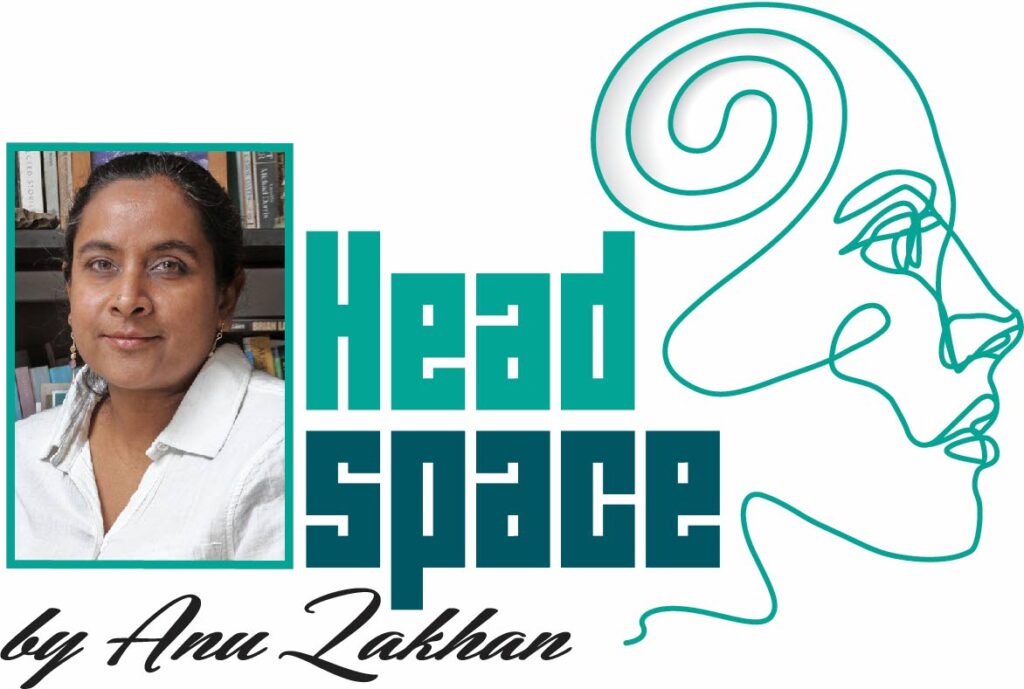Rejection, interrupted

Usually I don’t like hearing the phrase: “There are two kinds of people in this world…” It’s too categorical. Too boxish.
And also, if you give it a fraction of a thought, entirely untrue. Like saying, “There are two kinds of people in this world – those who eat bananas and those who don’t.”
What about the people who eat bananas prepared in a certain way but not others?
People who are allergic to them have no choice in the matter, so it seems unfair to put them in a box. If all the bananas in the world succumbed to a terrible banana disease, then no one is eating any bananas at all.
But do we think about the possibilities outside of yes or no? Seldom.
Rejection, however, is an entirely different monster.
You can say the world is made up of the rejected and those who do the rejecting, and that’s fair. But it changes. Today’s rejected is tomorrow’s rejector. Or high-school shooter.
(Me: That’s a hideous thing to say!)
(Also me: But is it wrong?)
A 2003 study by Duke University’s Mark Leary, professor of psychology and neuroscience, found of 15 school shooters, 13 had suffered social rejection.
Still, let’s accept that these are extraordinary cases and not everyone who does not get picked for the basketball team is going to open fire.
Rejection tells the brain that something hurts. It does not say that the pain is emotional or has to do with your romantic or professional life. (It’s discreet that way. Not putting your business in the street where the brain and everyone else can hear about it.)
The brain registers it as physical pain, as real as if you’d actually been kicked in the stomach. Which is often what it feels like. Lots of science people have looked into this, setting up different scenarios and doing brain imaging of the participants – in the experiments, some have been rejected and others not. The physical-pain regions light up for those who feel rejected.
While I am writing this, news of Tuesday’s mass shooting at an elementary school in Uvalde, Texas is, unbelievably, still coming in. It is inconceivable that that information wasn’t limited enough to put together before the six o’clock news, packaged and ready.
I am distracted and, occasionally, retching. The world intrudes upon us no matter what our jobs or schedules are. Someone just told me they couldn’t change the world and so they just had to retreat.
I very much intended to change the world when I was a little girl and a teenager. Then the idea of limitations started drawing circles around me, around the place I was from, our part of the world, our leaders, our people. And as I got older, I hoped for smaller and smaller changes.
If my job was to encourage change by what I thought, said and did – those things have been rejected. If more doors don’t open up for us to find ways to initiate change, it’s a lot like being turned down for a job you really wanted.
I thought I was going to write about very personal experiences of rejection, but I don’t have the heart for it now. The BBC is still updating its page but has stopped live coverage.
Rejection: exclusion.
Rejection: dismissal.
Rejection: abandonment.
Rejection: alienation.
These here, above, are the words that seemed obvious and I thought we might do well to think of what they mean in different contexts: personal and public.
Rejection: elimination.
Rejection: desertion.
Rejection: disbelief.
Rejection: negation.
These I did not think of, but the thesaurus did. And I stopped reading at “negation” because, even though these words are presented in alphabetical order, it feels like each one was ratcheting up the horror of what it means to be rejected.
The negation of a person or group of people – what greater rejection can there be? “Erasure,” like “negation,” feels like a word we use a lot in history or literature, but not nearly enough in life.
When we unthinkingly exclude others from our company or that of our group, it’s as if we haven’t seen them. If this has ever happened to you, you will need no further explanation.
When we do not believe victims of abuse, of hate crimes, of injustices great and small, it is as if we have not seen or heard them.
All these negations – erasures – deny the humanity that was just standing in front of us. That we could have/should have helped. Or just seen.
One day I’ll write an uninterrupted piece about the pain of rejection. But not today.
Remember to talk to your doctor or therapist if you want to know more about what you read here. In many cases, there’s no single solution or diagnosis to a mental health concern. Many people suffer from more than one condition.


Comments
"Rejection, interrupted"